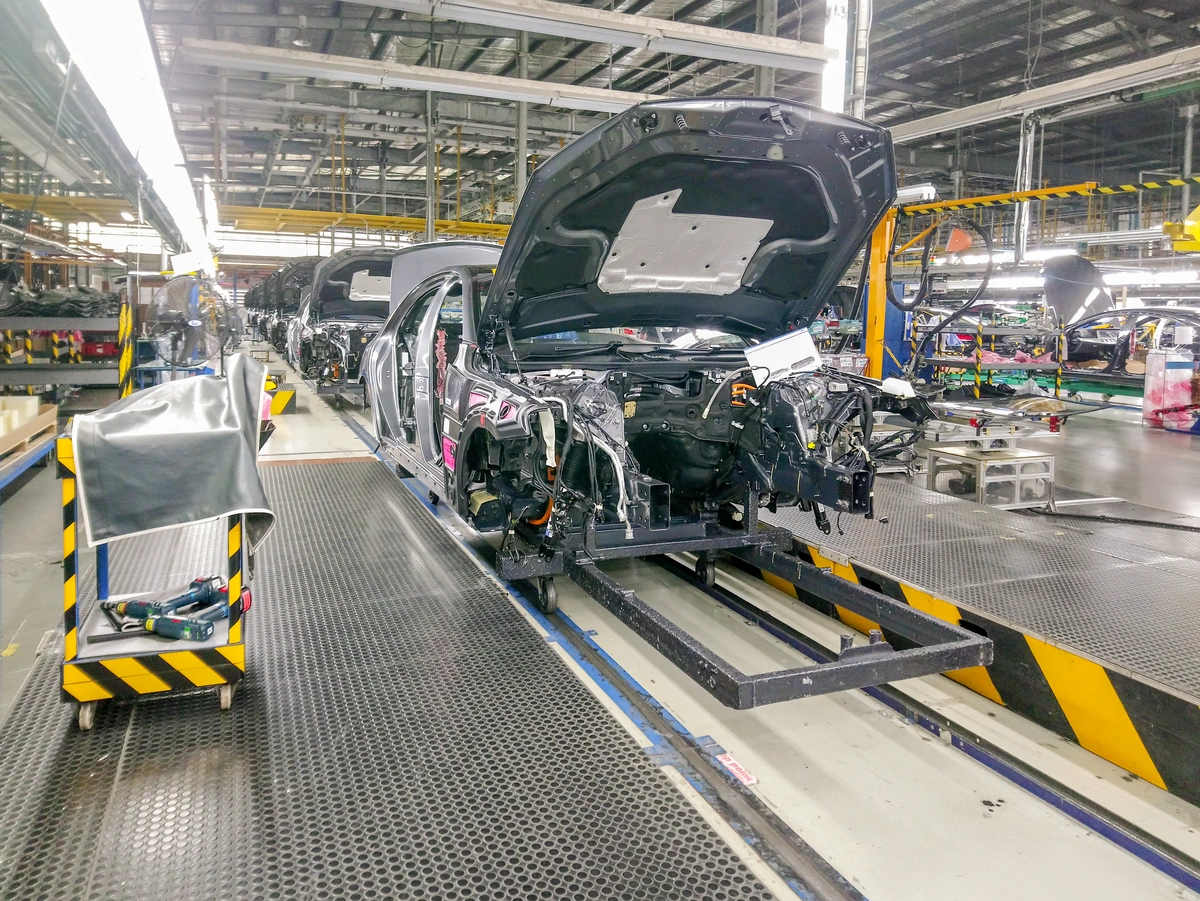When President Biden and Congress enacted with great fanfare a once-in-a-generation $1.2 trillion infrastructure bill, Democrats boasted that the package will improve equity moving forward while also addressing past projects that divided communities along socio-economic and racial lines. But the recent Supreme Court decisions overturning Roe v. Wade and New York City’s concealed-carry gun restrictions serve as yet another strong reminder of just how suddenly the political and legal landscape can change.
This could be especially true when doling out the infrastructure money if control of Congress shifts after this fall’s elections, as many predict. There is no guarantee the Biden administration’s promise for equitable distribution of the infrastructure dollars won’t be hampered by a more hostile Congress.
Start with mass transit. According to the Federal Transit Administration, the 2021 Infrastructure Investment and Jobs Act includes a historic investment in public transportation — up to $108 billion that would fund needed accessibility projects, transit capital projects, expanded mass transit opportunities in traditionally underserved areas, state of good repair and train replacement work, and other safety, modernization and climate-friendly efforts.
“All of FTA’s discretionary grant programs will focus on promoting equity throughout our transportation systems and supporting the transit industry’s important role in combating climate change,” the FTA says on its website.
But if Republicans take control of Congress, mass transit funding, especially in large urban areas like New York City and in other blue states, could be in jeopardy. In fact, media reports indicated that mass transit funding was the last roadblock to reaching a bipartisan deal on the infrastructure bill. Democrats had wanted at least 20% of transportation funds to go for mass transit while Republicans wanted it to be significantly less.
And it was this March that House Transportation and Infrastructure Chair Peter DeFazio (D-Ore.) called on the White House to turn on the infrastructure package funding spigot for mass transit as quickly as possible, recognizing the playing field may change come November. DeFazio argues that $29 billion could be at risk.
For mass transit systems that have yet to see ridership fully rebound to pre-COVID levels, this could yield a spiraling disaster in which a reduction of promised funds means scaling back needed projects, which in turn can keep ridership depressed in perpetuity.
Also potentially at risk of moving forward are other types of non-transit projects impacting such things as clean water, roads and bridges, climate-change resiliency initiatives, power infrastructure and high-speed internet that seek to address longstanding inequity issues. The Biden administration in May announced $110 billion has already been allocated from the infrastructure package to fund 4,300 projects in 3,200 communities across the country. But the potential change in Congress has many hoping the administration moves even faster in getting the money out the door as quickly as possible. The urgency becomes even greater if it looks as if the Republicans can also reclaim the White House in 2024.
Already in February, just weeks after the infrastructure bill was passed and signed into law, Republicans were complaining that a memo from Biden’s Federal Highway Administration urges states to first use the dollars they receive to improve existing roads, bridges and services, rather than expanding them. The Republicans, including some who negotiated the bipartisan agreement, argued the memo cannot be enforced and was in conflict with the final agreed-upon law. A group of 16 Republican governors sent a letter to Biden accusing him of trying to promote a Democratic social agenda, directly taking aim at his desire to fund projects that help long underserved communities. The letter states that “excessive consideration of equity, union memberships, or climate as lenses to view suitable projects would be counterproductive…Your administration should not attempt to push a social agenda through hard infrastructure investments and instead should consider economically sound principles that align with state priorities.”
With top GOPers in the Senate and House echoing similar sentiments, it’s not a leap to see that the infrastructure philosophy espoused by the president and Transportation Secretary Pete Buttigieg will be a campaign issue in the midterms later this year and come under fierce attacks if the Republicans wrest control of Congress. It’s also why the Biden administration needs to allocate as much money as possible before any change occurs.




